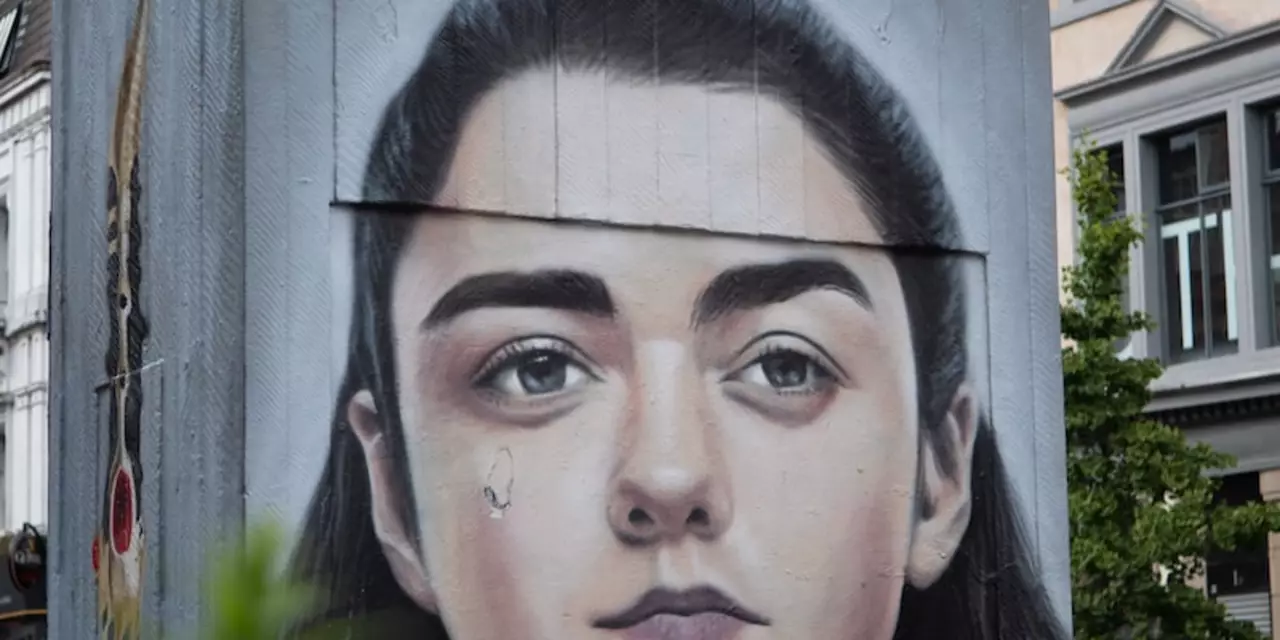27 Jan |
21:38 PM

Exploring the Impact of the Top Court's Stay on Arya Samaj Marriages
The recent stay issued by the Supreme Court on the High Court order allowing Arya Samaj marriages has caused a stir in the country. While there has been an outpouring of support from some quarters, there are also those who are deeply concerned about the implications of the stay. This article will explore the impact of the top court's stay on Arya Samaj marriages and its potential implications.The High Court order allowing Arya Samaj marriages was welcomed by many who had been waiting for such a move for a long time. The order allowed for the registration of Arya Samaj marriages, with the intention of providing legal recognition and protection to those who had married in accordance with the Arya Samaj customs.
However, the stay issued by the Supreme Court has put a halt to the registration process and left many couples in a state of uncertainty. This is especially true for those couples who had already registered their marriage and were in the process of obtaining a certificate of registration.
The stay issued by the Supreme Court has also caused concern among those who believe that the Arya Samaj tradition is important and should be allowed to continue. The fear is that the stay will lead to a ban on the practice of Arya Samaj marriages, which could have a detrimental effect on the community as a whole.
It is not yet known what the long-term implications of the stay will be, but it is clear that the stay will have an impact on the practice of Arya Samaj marriages. It remains to be seen how the community will cope with the change, and whether or not the stay will be reversed in the future. For now, all that can be done is to wait and see how the situation develops.
Understanding the Implications of the Top Court's Stay on Arya Samaj Marriages
When the Supreme Court of India recently stayed an order of the High Court of Madhya Pradesh, it had far-reaching implications for those planning to tie the knot through Arya Samaj marriages. The High Court had issued a ruling that said that Arya Samaj marriages would need to be registered with the government in order to be legally recognized. This ruling was seen as a major victory for those in favor of streamlining and modernizing the process of getting married in India.The Supreme Court's stay on the High Court's ruling, however, has made it difficult to understand what the implications of this decision might be. On one hand, the stay could be interpreted as a sign that the Supreme Court is not in favor of streamlining the process of getting married. On the other hand, it could be seen as an attempt to preserve the traditional nature of the Arya Samaj marriage process.
Regardless of the interpretation, it is clear that the stay on the High Court's order will create uncertainty and confusion for those planning to get married through Arya Samaj. Those who wish to take advantage of the streamlined process will have to wait until the Supreme Court makes a final ruling on the matter. In the meantime, those who are interested in getting married through the traditional Arya Samaj process will still be able to do so without any legal implications.
Ultimately, this stay on the High Court's ruling has led to confusion and uncertainty for those looking to get married through Arya Samaj. It remains to be seen what the Supreme Court's final ruling on the matter will be and how it will affect those looking to get married through this process.
Examining the Legal Implications of the Top Court's Stay on Arya Samaj Marriages
The Supreme Court of India recently stayed the Delhi High Court's order that had declared Arya Samaj marriages as valid. This move has raised a lot of eyebrows, as the High Court order was seen as an important step towards recognizing non-traditional marriage ceremonies in India. The legal implications of the top court's stay are now being examined, and this article will discuss the various implications of the stay.First and foremost, the stay implies that the law of the land will continue to recognize only traditional marriage ceremonies. This means that non-traditional marriages, such as Arya Samaj marriages, will not be legally recognized. This is likely to have a negative impact on people who choose to marry in non-traditional ceremonies. It could restrict their access to legal rights and benefits that are otherwise available to married couples.
The stay also implies that couples who have chosen to marry in an Arya Samaj ceremony will not be able to avail of certain legal benefits that are available to married couples. This includes the right to inherit property, the right to file for divorce, and the right to avail of alimony or other financial provisions in the event of a divorce.
Furthermore, the stay also implies that couples who have chosen to marry in an Arya Samaj ceremony will not be able to avail of certain legal rights and benefits that are available to married couples. This includes the right to adopt a child, the right to receive spousal support, and the right to file a joint income tax return.
Finally, the stay implies that couples who have chosen to marry in an Arya Samaj ceremony will not be able to avail of certain legal rights and benefits that are available to married couples. This includes the right to receive spousal support in the event of a divorce, the right to receive alimony and other financial provisions, and the right to file a joint income tax return.
It is clear that the top court's stay has far-reaching implications for couples who have chosen to marry in an Arya Samaj ceremony. While the stay will likely have a negative impact on such couples, it is important to note that the stay does not invalidate the marriage. Ultimately, it is up to the couple to decide how they want to proceed, and to ensure that their marriage is legally recognized.
Unpacking the Recent Top Court Stay on Arya Samaj Marriages
The recent stay imposed by the Supreme Court on the Delhi High Court’s order pertaining to Arya Samaj marriages has left many in the Hindu community confused and concerned. This article will attempt to unpack the recent stay, discuss its implications, and address the common questions being asked.The Supreme Court imposed the stay following a petition by the Delhi government and several other parties challenging the High Court’s order, which had recognized Arya Samaj marriages as valid in Delhi. The stay was imposed until the Supreme Court takes up the matter and renders its decision.
The High Court’s order had recognized Arya Samaj marriages as a valid form of marriage in Delhi, and had been seen as a huge victory for the Hindu community in the city. However, the stay has put a damper on the celebrations and has caused much confusion.
The implications of the stay are that the High Court’s order will not be enforced until the Supreme Court renders its decision. This means that couples who had planned to have an Arya Samaj marriage may have to wait until the Supreme Court has rendered its decision. Moreover, the stay may also have an impact on those couples who had already gotten married through Arya Samaj ceremonies, as their marriages may not be considered legally valid until the Supreme Court has ruled on the matter.
The stay has also caused much confusion amongst those who are unfamiliar with the process of an Arya Samaj marriage. These individuals may be wondering what an Arya Samaj marriage is, what the legal implications of such a marriage are, and whether or not it is valid in the eyes of the law.
In short, an Arya Samaj marriage is a form of Hindu marriage that is performed in accordance with the tenets of the Arya Samaj sect of Hinduism. The legal implications of such a marriage depend on the laws of the state in which it is performed. In Delhi, the High Court had recently recognized such marriages as valid, however, this ruling has now been stayed by the Supreme Court.
It is still unclear when the Supreme Court will take up the matter and render its decision. Until then, couples who had planned to have an Arya Samaj marriage may have to wait until the matter is resolved, and couples who have already gotten married through an Arya Samaj ceremony may have to wait until their marriage is considered legally valid.
